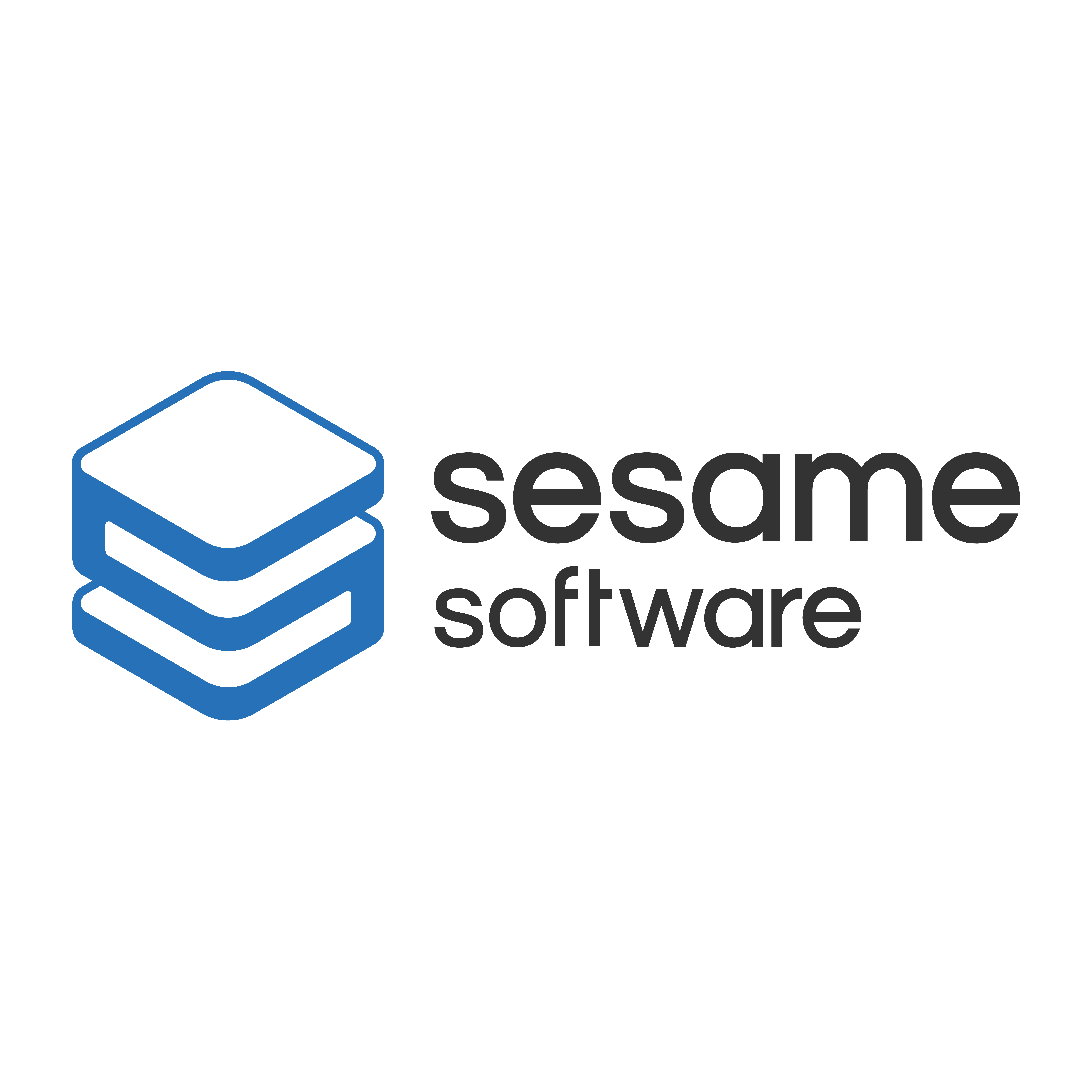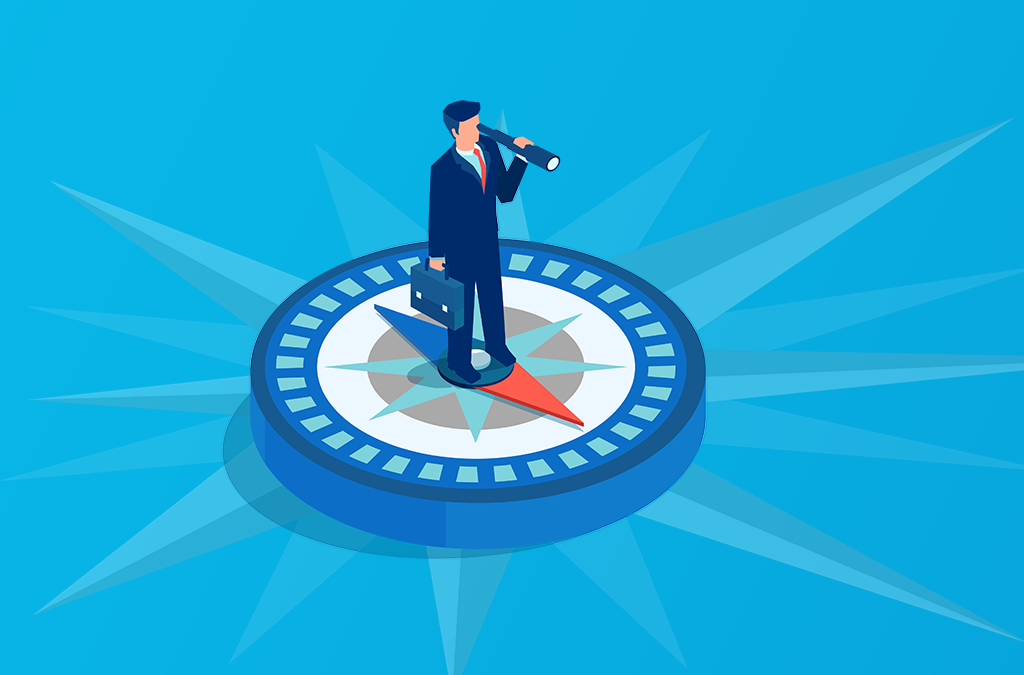The landscape of Oracle Java licensing is once again evolving. As we approach September 2024, users of Oracle JDK 17 will face significant decisions due to the reversion of the licensing terms to the Oracle Technology Network License Agreement (OTNLA). Understanding these changes is crucial for managing enterprise applications effectively.
Understanding the Licensing Shifts
Since 2018, Oracle has introduced several modifications to Java’s licensing and support structure, impacting enterprises using Java. Initially, the Oracle Technology Network License Agreement (OTNLA) required users to pay for Java SE subscriptions unless for specific use cases such as personal use, development, and Oracle-approved applications.
With the release of JDK 17 in September 2021, Oracle introduced the No Fee Terms and Conditions (NFTC), allowing free use for development and internal business operations. However, this free period is limited to three years after the subsequent LTS release. As JDK 21 was released in September 2023, the free period for JDK 17 will end in September 2024, prompting users to make critical decisions:
1. Adopt the OTNLA and Pay for Updates: Users can continue using JDK 17 under OTNLA, which requires a Java SE Subscription based on company size.
2. Upgrade to JDK 21: This keeps users within the NFTC for another two years but requires thorough compatibility testing and periodic upgrades to future LTS versions to avoid license fees.
3. Switch to Alternative Java Distributions: OpenJDK distributions offer a cost-effective alternative, ensuring compatibility through the Technology Compatibility Kit (TCK) while providing longer support cycles and lower costs compared to Oracle’s Java SE.
Key Considerations for Data Management Projects
When managing data projects, several factors should be considered in light of these licensing changes:
1. Performance Impact: Regular updates and maintenance of Java environments are essential to avoid performance degradation, especially when dealing with large datasets.
2. Cost Management: Assessing the total cost of ownership, including licensing fees, is crucial for budgeting and long-term planning.
3. Compatibility and Testing: Ensuring that applications remain compatible with new Java versions requires rigorous testing, particularly when upgrading to new LTS releases.
4. Vendor Support: Choosing the right Java distribution with robust support can mitigate risks and ensure seamless transitions between versions.
How Sesame Software Can Help
Sesame Software is here to streamline your data management projects amidst these changes. Here’s how we can assist:
Seamless Data Mapping. Our platform allows you to reference existing and newly created fields in your replication tasks, reducing the complexity of managing formula fields.
Granular Control. Define and schedule data replication based on your specific needs, minimizing unnecessary data movement and optimizing performance.
Data Validation and Error Handling. Ensure data integrity with robust validation and error-handling features throughout the replication process.
Expert Guidance. Our team of experts can help you navigate these licensing changes, plan upgrades, and choose the best Java distributions for your needs.

Conclusion
The upcoming licensing changes for Oracle JDK 17 present significant challenges and decisions for enterprises. By understanding these changes and leveraging Sesame Software’s expertise, you can ensure efficient data management and maintain seamless operations.
Still Trying To Figure Out Where To Start?
Need help navigating your data management projects? We can help. Schedule a demo of Sesame Software today to discuss how we can help create a unified view of your data by bringing it all to one place with instant connections to on-premise or cloud enterprise applications or databases.


